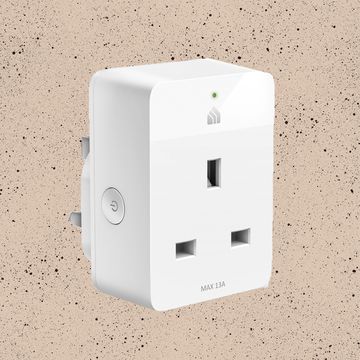In a press conference on Wednesday, Chinese officials appear to have confirmed what many observers have long suspected: that China is no longer in control of its space station.
China's Tiangong-1 space station has been orbiting the planet for about 5 years now, but recently it was decommissioned and the Chinese astronauts returned to the surface. In a press conference last week, China announced that the space station would be falling back to earth at some point in late 2017.
Normally, a decommissioned satellite or space station would be retired by forcing it to burn up in the atmosphere. This type of burn is controlled, and most satellite re-entries are scheduled to burn up over the ocean to avoid endangering people. However, it seems that China's space agency is not sure exactly when Tiangong-1 will re-enter the atmosphere, which implies that the station has been damaged somehow and China is no longer able to control it.
This is important because it means Tiangong-1 won't be able to burn up in a controlled manner. All we know is it will burn up at some point in late 2017, but it is impossible to predict exactly when or where. This means that there is a chance debris from the falling spacecraft could strike a populated area.
Fortunately, it's unlikely anyone will be injured. Most of the parts of the space station will burn up in the atmosphere, and the few that do make it to the ground probably won't land in any populated areas. (It's a big planet.) Still, watch the skies late next year. You never know what could be falling down on you.
Source: Xinhua News via Space.com













